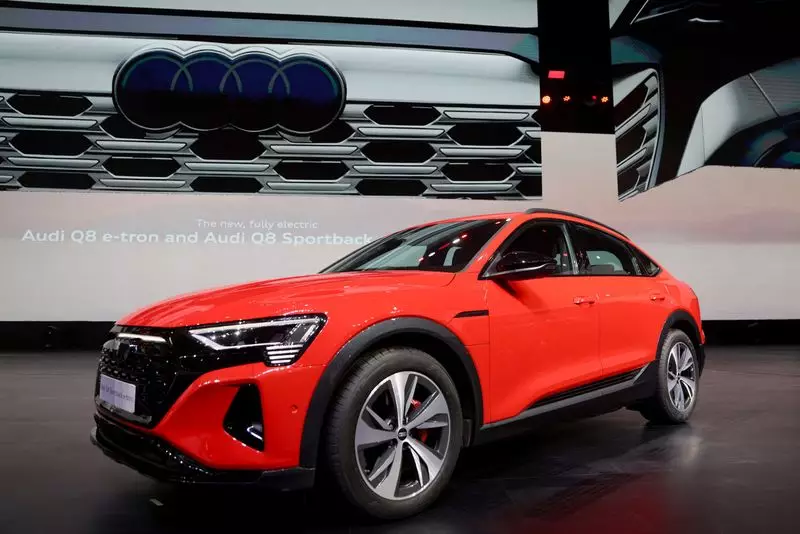Recently, Volkswagen issued a warning that it may be forced to close its Audi plant in Brussels due to a significant decrease in demand for high-end electric cars. This drop in demand has had a negative impact on Europe’s leading car manufacturer, prompting the company to revise its margin target for the current year. The consequences of this potential closure could be substantial, with estimated costs reaching up to 2.6 billion euros in the 2024 financial year.
The Brussels plant, which manufactured around 50,000 cars in the previous year, has long faced structural challenges. These issues include difficulties in changing the layout of the plant due to its proximity to the city and high logistics costs. As a result, the company is now considering various solutions for the site, including the possibility of ceasing operations if no alternative is found. This decision could potentially impact the employment of around 3000 people who work at the plant.
The struggles faced by the Brussels plant have not only affected production but have also had a direct impact on Volkswagen’s operating profits. In the first quarter, operating profits were down by 20%, partly due to delivery delays at Audi caused by component shortages. These delays forced the plant to close for two weeks in February, further exacerbating the financial challenges faced by the company.
In addition to the problems at the Brussels plant, Volkswagen is also dealing with other unplanned expenses that are weighing on the overall performance of the company. Exchange rate losses due to the deconsolidation of Volkswagen Bank Rus and the planned closure of the gas turbine business of subsidiary MAN Energy Solutions are just some of the issues contributing to the financial strain on the company. As a result of these challenges, Volkswagen has been forced to lower its forecast for operating returns to 6.5-7%.
The potential closure of the Brussels plant has raised concerns among employees and labor representatives. Rita Beck, a spokeswoman for the Audi Committee in the European VW Group Works Council, has emphasized the need for a “future-proof perspective” for the plant and its employees. The uncertainty surrounding the future of the plant has led to calls for the Audi management to take responsibility and explore all possible options to secure the site’s future.
The sharp drop in demand for high-end electric cars has had far-reaching consequences for Volkswagen and its Audi plant in Brussels. The challenges faced by the plant, combined with other unexpected expenses, have forced the company to reassess its financial outlook and consider drastic measures to address the situation. The potential closure of the Brussels plant highlights the ongoing struggles of traditional automakers in adapting to the changing dynamics of the industry, particularly in the face of evolving consumer preferences and technological advancements. Moving forward, it will be crucial for Volkswagen to find innovative solutions to overcome these challenges and secure a sustainable future for its operations.

